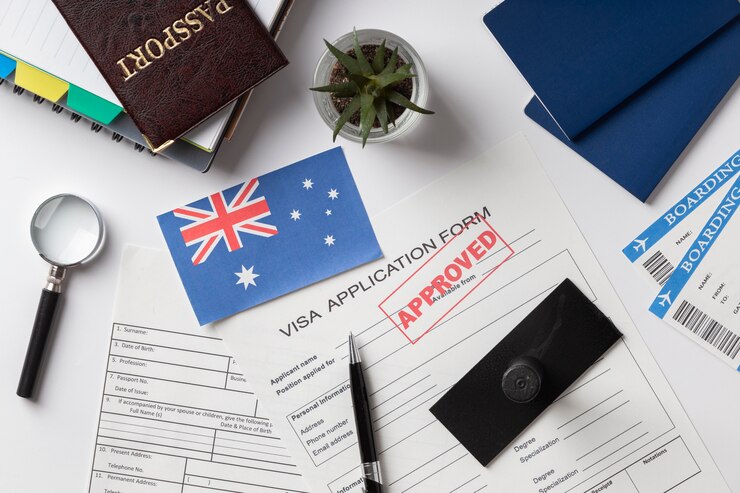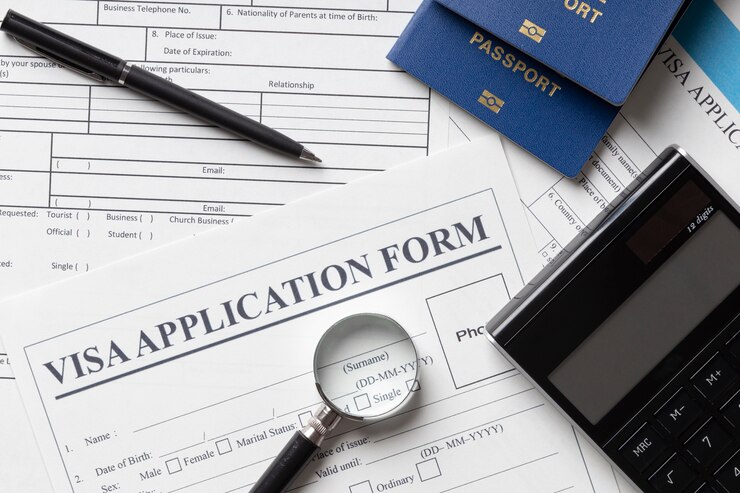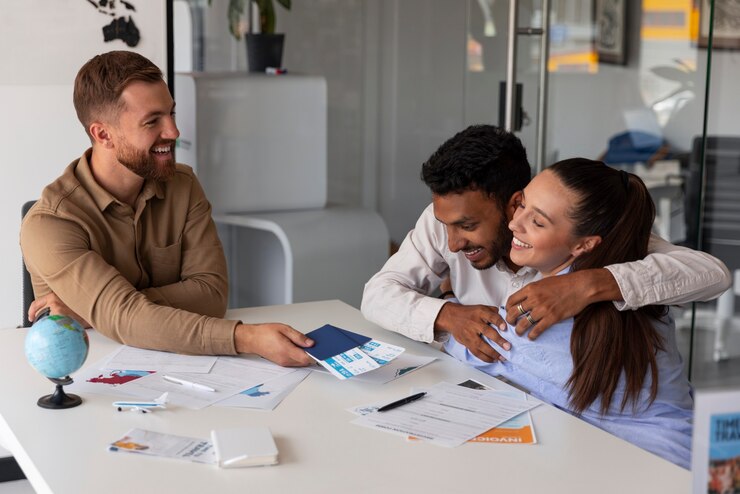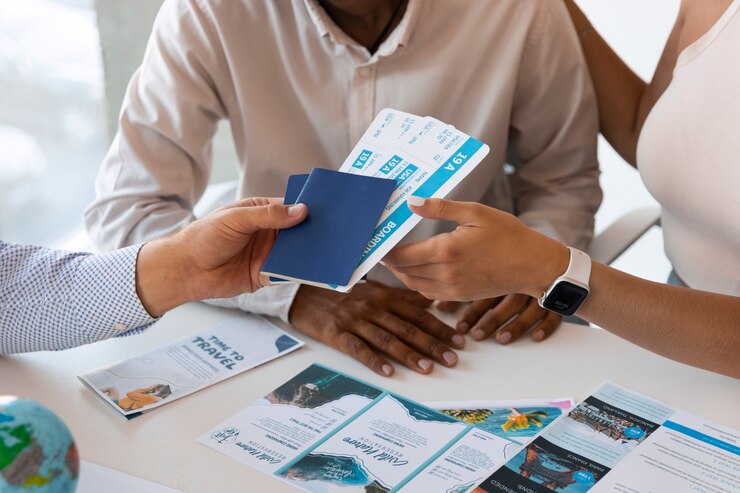Thinking about a business trip to the UK? Getting your visa sorted can be tricky, but it doesn’t have to be. Let’s look at how getting help with your visa can make your trip planning much easier.
Understanding UK Business Visas Made Simple


First, let’s quickly go over the main types of UK business visas:
- Standard Visitor Visa: For short business trips (up to 6 months)
- Temporary Work Visa: For specific work projects
- Global Talent Visa: For leaders in tech and other fields
Each visa has its own rules. This is where getting help can really make a difference.
A Closer Look at UK Business Visas
Let’s break down these visa types a bit more:
- Standard Visitor Visa: This is the most common for business travellers. You can attend meetings, conferences, and even negotiate contracts. But remember, you can’t do paid work or sell directly to the public.
- Temporary Work Visa: If you’re coming to the UK for a specific job, this might be for you. There are different types, like the Skilled Worker visa or the Intra-company Transfer visa. Each has its own salary and skill requirements.
- Global Talent Visa: This is for top talent in digital technology, science, engineering, humanities, medicine, and the arts. If you’re a leader or potential leader in these fields, this visa could be your ticket to the UK.
Why Getting Help with Your Visa is a Good Idea


Save Time
Business people are often very busy. Visa applications can take up a lot of time. Getting help means:
- You’ll know which visa you need quickly
- Someone else can gather all the papers you need
- You’re less likely to make mistakes that waste time
Time-Saving in Action
Instead of wasting hours on which documents to gather, a visa expert gives you a checklist made for your needs. They might say, “Based on your job and travel plans, you’ll need these five documents. Here’s where to get each one.” That’s hours of research saved right there.
Expert Knowledge at Your Fingertips
Visa rules can be confusing and they change often. Visa experts:
- Know all about the latest rule changes
- Can guide you through the newest ways to apply
- Give advice that fits your specific situation
Better Chances of Getting Approved
When your application is done well, it’s more likely to be approved. Visa help services can:
- Check your application to make sure it’s complete
- Make sure all your documents meet the current rules
- Spot any problems before you submit your application
The Power of a Second Set of Eyes
Think about it like this: you might miss something in your application because you’ve been looking at it for hours. A visa expert brings a fresh perspective. They might notice that you forgot to sign a page or that one of your documents is outdated. These small details can make a big difference.
How Visa Help Makes Your Life Easier


1. Less Stress
Applying for a visa can be stressful, especially when your business plans depend on it. Getting help can:
- Keep track of important dates for you
- Handle talks with visa offices
- Keep you updated on how your application is going
Stress Reduction in Practice
Instead of worrying about filling out every form correctly, you can focus on preparing for your business meetings. Your visa expert sends you regular updates like, “Your application has been received by the UK visa office. Everything looks good so far. We expect a response in about 10 working days.”
2. Save Money in the Long Run
While you do have to pay for visa help, think about how it can save you money:
- Avoid costs from rejected applications
- Lower the risk of having to change your travel plans
- Save on possible legal fees if there are visa problems
The True Cost of Visa Mistakes


Imagine this situation: you apply for a visa by yourself, make a mistake, and your application gets rejected. Now, you have to pay the application fee again. You may also need to change your flight and hotel bookings, which often have extra fees.
This could cause you to miss important business chances. Suddenly, the cost of visa help looks like a wise investment, right?
3. Personal Support
Every traveller’s situation is different. Visa help services offer:
- A look at your personal case
- Advice that fits your travel plans
- Help with special or complicated situations
Tailored Advice in Action
Imagine you are planning a trip. It includes a conference in London, meetings in Edinburgh, and a training session in Cardiff. A visa expert can tell you if you need different permissions for each activity. They can also help you plan your visa application to cover everything.
How to Choose a Good Visa Help Service


When picking a visa help service, look for:
- Experience: Choose services that know a lot about UK business visas
- Good reviews: See what other clients say about them
- Services they offer: Make sure they can help with your specific visa needs
- Good communication: Pick a service that will keep you updated clearly and often
- Fair pricing: Compare costs, but remember that good service is worth paying for
Making the Right Choice
Don’t be shy about asking potential visa services questions. You might ask:
- “How many UK business visa applications do you handle each month?”
- “Can you give me an example of a tricky visa situation you’ve solved recently?”
- “What’s your success rate for visa approvals?”
- “How quickly do you usually respond to client questions?”
Their answers can give you a good feel for their expertise and customer service.
Getting Ready for Your UK Business Trip


Once your visa is sorted, here are some tips for a good UK business trip:
- Learn about UK business manners
- Plan your schedule, including how you’ll travel between meetings
- Know about UK taxes for business travellers
- Get good travel insurance
Cultural Tips for UK Business
Understanding UK business culture can be as important as having the right visa. Here are a few quick tips:
- Punctuality is very important in UK business culture. Aim to arrive a few minutes early for meetings.
- The British often use understatement in business. “That’s quite good” often means “That’s excellent!”
- Business dress tends to be conservative, especially in London and for first meetings.
- Don’t be surprised if a business meeting starts with small talk about the weather or your journey. This is a typical British way to break the ice.
